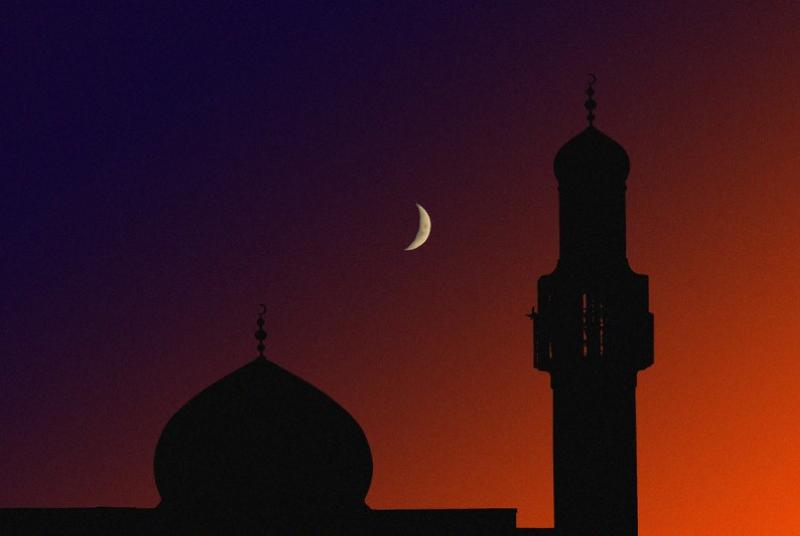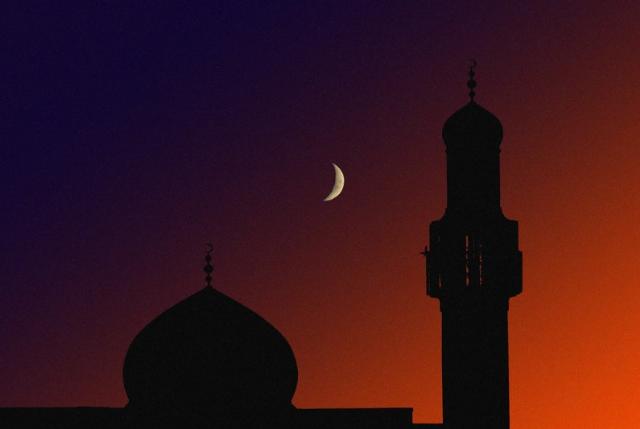


For decades, the Muslim Brotherhood has loomed large in the Western imagination, often described as the ideological mother ship of global Islamism. To many policymakers in Washington, London, and Brussels, the name alone has become shorthand for a wide spectrum of Islamist activity. Yet this perception is increasingly divorced from reality. The Brotherhood, fractured and in disarray since its downfall in Egypt, no longer commands the sweeping influence it once aspired to. At the same time, treating the movement as irrelevant risks ignoring its enduring ideological legacy and the dangers posed by its offshoots and imitators.
A movement in decline
The Muslim Brotherhood was once a formidable force, especially in the mid-20th century, when Egyptian exiles and migrants spread its ideas far beyond Cairo. By the 1980s, its international leadership attempted to centralize authority through a body known as the “International Organization.” But infighting, regional rivalries, and divergent priorities eroded cohesion.
Branches in the Gulf, North Africa, and even Jordan increasingly charted their own paths. In Sudan, Hassan al-Turabi forged a distinct Islamist vision. In Jordan, Hamas created deep fissures within the local Brotherhood. By the time Egypt’s short-lived Brotherhood government was toppled in 2013, the organization had already lost much of its grip. Competing leaderships sprouted in Doha, Istanbul, and London, and newer factions declared the “old guard” irrelevant.
Today, remnants of the Brotherhood resemble abandoned franchises — still recognizable in name but lacking unified command, structure, or strategy. Even the death in 2022 of Ibrahim Mounir, a senior Brotherhood figure in London, passed with barely a whisper among Islamists in Europe and North America.
The blind spot in Western capitals
Paradoxically, in the West, the Brotherhood still commands an outsize focus. Policymakers, journalists, and analysts routinely invoke its name as though it were the mastermind behind every Islamist group. This is misleading. Other networks — Salafis, Deobandis, Barelvis, Jamaat-e-Islami, Qatari and Turkish state Islamism, as well as Khomeinists — play equally significant or even greater roles in shaping Islamist politics across the United States and Europe.
Ignoring these other actors has serious consequences. For instance, South Asia’s Deobandi movement, from which the Taliban emerged, operates seminaries and organizations across America, often under the radar of federal scrutiny. Radical Barelvi groups like Dawat-e-Islami, implicated in violence from France to South Asia, run some of the wealthiest mosques in the U.S. Yet Western security establishments remain fixated on the “Brotherhood brand,” leaving other dangerous networks to flourish.
Lessons from the Arab World
The irony is that Arab governments themselves long ago recognized the peril of the Brotherhood. Egypt, Syria, Jordan, Algeria, and the Gulf states — except Qatar — have all cracked down on the movement, often harshly. Algeria’s “Black Decade” in the 1990s, triggered by the Brotherhood-linked Islamic Salvation Front’s electoral gains, descended into a civil war that left more than 200,000 people dead. Entire villages were wiped out; thousands disappeared into state prisons. For Algerians, the idea of treating the Brotherhood as a harmless “charity movement” is laughable.
In contrast, Western governments have often extended legitimacy to Brotherhood-linked groups under the banner of “community engagement” or “interfaith dialogue.” Despite repeated warnings, including the U.K.’s 2015 internal review led by Sir John Jenkins, the Brotherhood continues to operate openly in Britain, Europe, and North America through charities, NGOs, student associations, and lobbying groups. These networks provide social services but also spread ideological influence, shaping Muslim communities and lobbying against Western interests.
The Brotherhood’s offshoots
Even if the Egyptian movement is a shadow of its former self, its ideological children remain potent. Hamas, originally nurtured by the Brotherhood, continues to wage war against Israel while maintaining support networks across the West. Brotherhood-trained ideologues such as Sayyid Qutb still inspire generations of activists who may no longer call themselves “Brotherhood” but embody its vision. American groups like the Muslim American Society and Muslim Youth of North America, while not centrally controlled from Cairo, continue to employ Brotherhood-style indoctrination practices under distinctly American guises.
In this sense, what exists today is not a global Brotherhood conspiracy, but a patchwork of Qutbist and Islamist movements — often independent, sometimes competing, but still drawing intellectual and strategic sustenance from the Brotherhood’s legacy.
A call for clarity
The West must move beyond lazy shorthand. To treat every Islamist group as “the Muslim Brotherhood” is both inaccurate and dangerous. It blinds policymakers to the very real threats posed by Jamaat-e-Islami in South Asia, Dawat-e-Islami in the West, or Khomeinist proxies raising funds for Hezb’allah. It allows dangerous networks to avoid scrutiny while the “Brotherhood debate” endlessly consumes political oxygen.
At the same time, dismissing the Brotherhood as entirely inconsequential would be equally naïve. Its ideological DNA — totalitarianism cloaked in religious legitimacy — remains deeply embedded across Islamist currents worldwide. From Algeria’s scars to Hamas’s ongoing terror, the consequences of underestimating this movement are plain.
The Muslim Brotherhood today is less a centralized empire than a faded logo — yet one whose ideas continue to animate Islamist activism in new forms. The real danger lies not in Cairo’s collapsed leadership, but in the decentralized, Western-rooted networks inspired by Brotherhood thought and nurtured by decades of political accommodation.
For policymakers, the task is urgent: Stop treating the Brotherhood as the singular menace, and start mapping the full spectrum of Islamist movements operating on Western soil. To ignore this complexity is to repeat the mistakes of the past, ensuring that although the Brotherhood may be weakened, its ideological heirs continue to erode democratic societies from within.
Salah Uddin Shoaib Choudhury is an award-winning journalist, a writer, and the editor of the newspaper Blitz. He specializes in counterterrorism and regional geopolitics. Follow him on X: @Salah_Shoaib.

